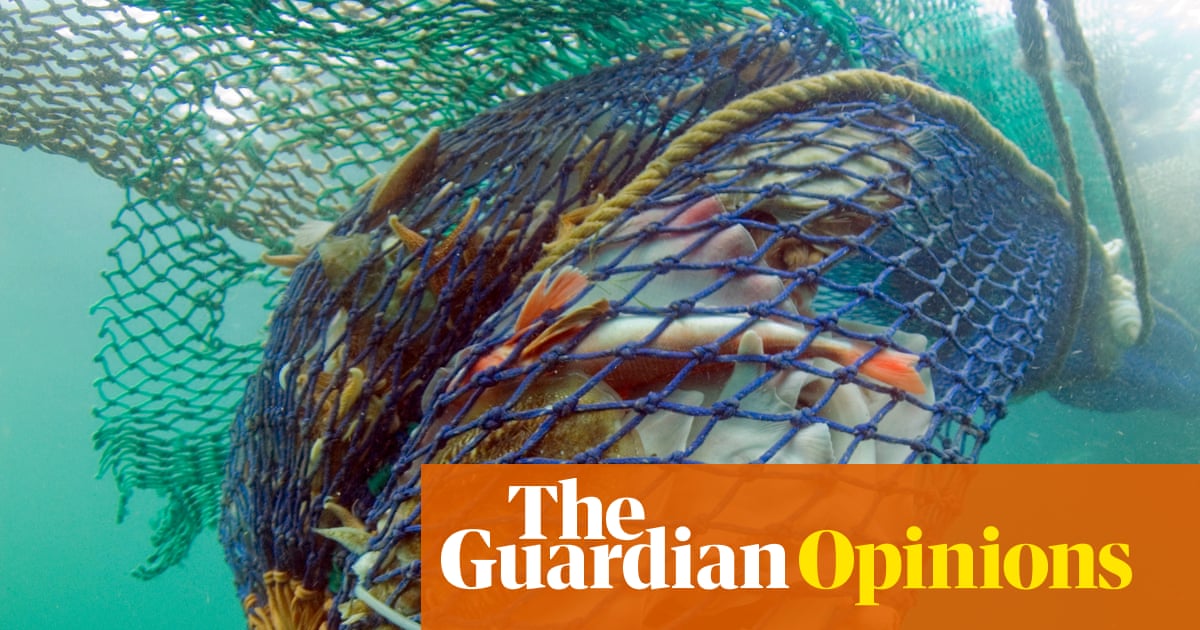
"Up to 90% of the ocean floor around Britain is covered with sand and gravel, derived from the erosion of shell and rocks. Other, more unusual habitats include maerl beds, seagrass meadows and kelp forests. These biodiverse landscapes are home to 330 species of fish, as well as seals, seahorses and thousands of lesserknown species which share them with the offshore energy, fishing and shipping industries."
"For his 99th birthday this year, the broadcaster and naturalist Sir David Attenborough made a film, Ocean, in which he described the seas as the planet's greatest life support system, and urged people to get behind efforts to protect and renew marine nature. But despite an energetic campaign against sewage discharges by water companies, an issue that featured in last year's general election, and valiant local volunteer efforts such as the seahorse survey in Dorset's Studland Bay, increased concern about the state of the seas has not delivered a robust, clearly understood national framework for underwater conservation."
"The government this week rejected a recommendation from parliament's environmental audit committee that bottom-trawling by fishing boats should be banned in marine protected areas (MPAs). That was a mistake and a sign of how far there is still to go. The EU aims to ban bottom-towed fishing gear in MPAs altogether by 2030. Sweden and Greece have already gone ahead. These weighted nets damage flora as well as scooping up fauna when dragged across the sea bed. Sir David has likened their use to bulldozing a rainforest."
Around Britain much of the seabed is sand and gravel, with maerl beds, seagrass meadows and kelp forests supporting rich biodiversity, including 330 fish species, seals, seahorses and many lesser-known organisms. Marine areas are shared with offshore energy, fishing and shipping activities. Public awareness of pollution from sewage and plastics has increased, and high-profile voices urge protection and renewal of marine nature. National conservation lacks a robust, clearly understood framework, and the government rejected a parliamentary recommendation to ban bottom-trawling in marine protected areas despite EU and other countries' moves to curb such gear.
Read at www.theguardian.com
Unable to calculate read time
Collection
[
|
...
]